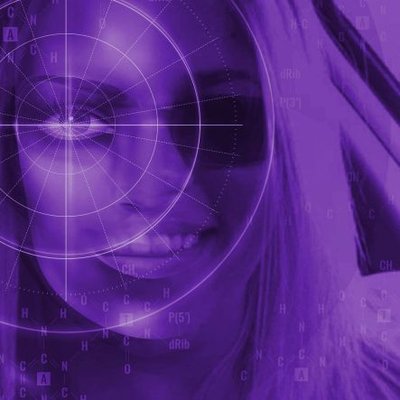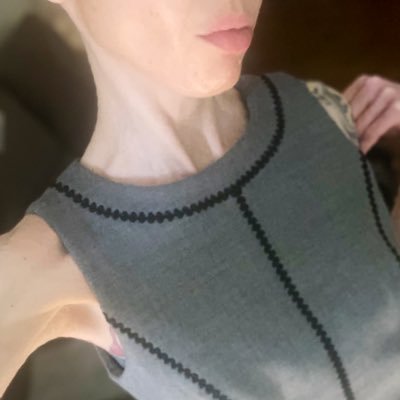This filing on behalf of the defense is a "Motion to Suppress the Accused’s Second Statement" filed by Richard Allen, the accused, through his counsel. It requests the court to suppress all statements made during his interrogation on October 26, 2022, on the grounds of constitutional violations and irregularities in the interrogation process. This follows Allen's first motion to suppress which related to admissions he made under duress while in prison, which is summarized here.
Summary of Allegations and Evidence:
- First Interrogation (October 13, 2022):
- Initially, Allen cooperated voluntarily, believing he was assisting in solving the case of the murders of Libby and Abby.
- The interrogation turned accusatory, causing Allen to assert his innocence and express frustration.
- Despite being read his Miranda rights, Allen eventually decided to stop cooperating.
- Subsequently, a search warrant was issued for Allen's home and vehicle.
- Second Interrogation (October 26, 2022):
- Allen and his wife went to retrieve their seized vehicle but were unexpectedly subjected to further interrogation.
- The beginning of the interrogation, including Miranda rights reading, is missing from the provided video.
- Discrepancies exist between the interrogation video and the officer's report regarding Miranda rights and freedom to leave.
- The defense alleges various constitutional violations during this interrogation, including:
- Lack of Miranda rights reading.
- Unlawful detention.
- Coercive and deceptive interrogation tactics.
- False statements made by the interrogating officer.
State v E.R.:
The filing cites State v. E.R., a similar case where the defendant's constitutional rights were deemed violated, leading to the suppression of statements. It highlights specific parallels between E.R.'s case and Allen's interrogation, emphasizing the importance of Miranda rights, freedom to leave, and the nature of the interrogation atmosphere.
What this means:
The motion asserts that Allen's constitutional rights against self-incrimination were violated during both interrogations due to the absence of Miranda rights reading, coercive tactics, and deceptive statements by law enforcement. It requests the suppression of Allen's statements and a finding that the interrogating officer and the State Police violated Allen's constitutional rights.
In essence, the filing aims to challenge the admissibility of Allen's statements in court, arguing that they were obtained unlawfully and in violation of his constitutional rights, thereby weakening the prosecution's case against him.
Custodial interrogation or not?
There has already been debate since this document was released about whether or not interview/interrogation number two was covered by the Miranda requirement, hinging on whether or not it was a custodial interrogation or an informal conversation with the police.
I think the point is moot, because they clearly did read his Miranda rights in the first conversation, and failed to in the second. No reasonable person would conclude that these two conversations were acutely different to the point that the second conversation wasn't similar in nature and structure to the first.
Impact on the trial
In a "normal" trial, if evidence extracted from the second interrogation was central to a prosecution's case, the failure to read the defendant his Miranda rights could be grounds to request dismissal of the charges. However, if what the police extracted from Allen in that conversation only forms part of their case against him, then that part can be directly challenged as inadmissible. There's plenty of precedent/jurisprudence at a United States Supreme Court level that should instruct the court on that. There is also, as the filing itself indicates, Indiana-specific jurisprudence in State vs E.R.
Richard Allen however has a hostile judge, so it's not clear if she will follow the jurisprudence at this level or leave it as a prospective appellate issue. I think it depends very much on what information was extracted from the interrogation and how central it is to the prosecution's case. If it is central, then forget it, because Judge Gull isn't going to act against the interests of the State, but if it's peripheral, then perhaps she'll let it be suppressed because it does the State no harm.
Why did Indiana State Police read Rick Allen his Miranda rights in the first conversation on 13 October, but not the second on 16 October?
Is this another case of Detective Dufus forgetting to do his actual job while pretending to be a detective? I think it's got to be, because they were trying really hard to put Allen in the frame for the murders in October 2022, and every cop in America is aware that if they screw up the suspect's constitutional rights in interviews then those interviews are worthless. It just goes to show how inept the senior figures in law enforcement around this case were, and are.


























